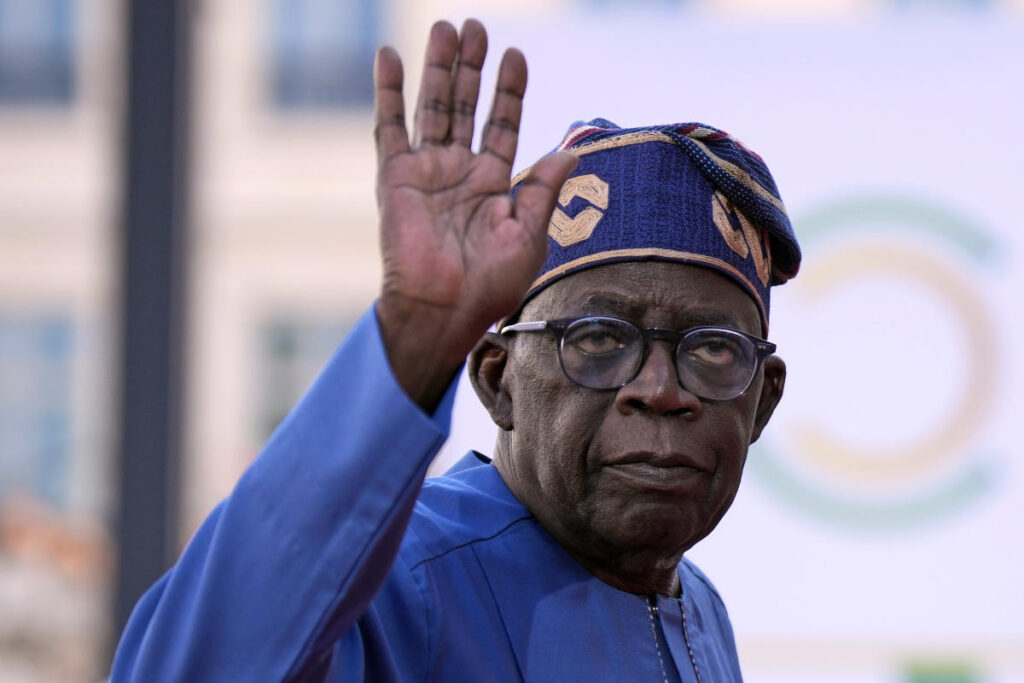In a significant cabinet reshuffle, Nigerian President Bola Tinubu has dismissed five ministers and appointed seven new ones, signaling a response to the challenging economic landscape and public dissatisfaction within Africa’s most populous nation. This restructuring aims to enhance the efficiency of his administration and aligns with Tinubu’s intention to make impactful reforms since taking office last year. Key ministries affected include those overseeing humanitarian and poverty reduction, trade and investment, labor, and livestock development, among others. The move underscores a critical phase in his presidency amid widespread economic distress and social discontent as the country grapples with high inflation rates and low currency value.
This cabinet reshuffle occurs against the backdrop of escalating economic difficulties faced by ordinary Nigerians. Tinubu’s government has been criticized for failing to address the rising cost of living, which has reached a 28-year high. The naira, Nigeria’s currency, continues to depreciate significantly against the dollar, exacerbating the financial anguish experienced by citizens. Tinubu initially introduced various reforms aimed at curbing government spending and attracting foreign investment, but the anticipated positive outcomes remain elusive more than a year into his presidency.
Public frustration has reached a boiling point, leading to mass protests across Nigeria in recent months. Demonstrators, particularly the youth, have expressed their dissatisfaction over the lack of job opportunities and the escalating cost of basic goods. Tragic incidents during these protests, including the deaths of at least 20 individuals in August, have drawn widespread attention to the government’s inability to meet its citizens’ needs and maintain social stability. Such public unrest signals a growing disconnect between the ruling elite and the general populace, reflecting broader systemic issues in the country.
Despite being one of Africa’s largest oil producers, Nigeria continues to struggle with poverty and corruption, which undermines many citizens’ quality of life. The lifestyle of government officials starkly contrasts with the everyday experiences of millions, creating a sense of disillusionment and frustration among the populace. The prevalence of chronic corruption hampers progress in addressing basic needs, leading many professionals, including healthcare workers, to strike in protest of inadequate wages and poor working conditions. This troubling disparity raises questions about the effectiveness of the government’s policies and its commitment to genuine reform.
President Tinubu’s continued spending on lavish items, such as a presidential yacht and expensive vehicles for top officials, has further fueled public ire. Critics argue that these expenditures are inappropriate given the current economic challenges and stark poverty faced by many Nigerians. The focus on luxury for public officials over essential services and infrastructure underscores the prevailing issues of mismanagement and lack of prioritization within the government. As citizens suffer from economic hardships, such expenditures highlight a pervasive disconnect between the government’s priorities and the pressing needs of the populace.
The recent cabinet reshuffle is an attempt to address these issues, but it remains to be seen whether these changes will yield meaningful improvements in governance and public satisfaction. The Tinubu administration must navigate the complexities of public unrest and economic challenges while striving to restore confidence among the Nigerian people. Failure to tackle these critical issues may result in continued instability and discontent. The new appointments present an opportunity for fresh perspectives and approaches to governance, but real change will depend on the administration’s willingness to engage with the concerns of its citizens and implement effective solutions to the deep-rooted problems plaguing Nigeria.

